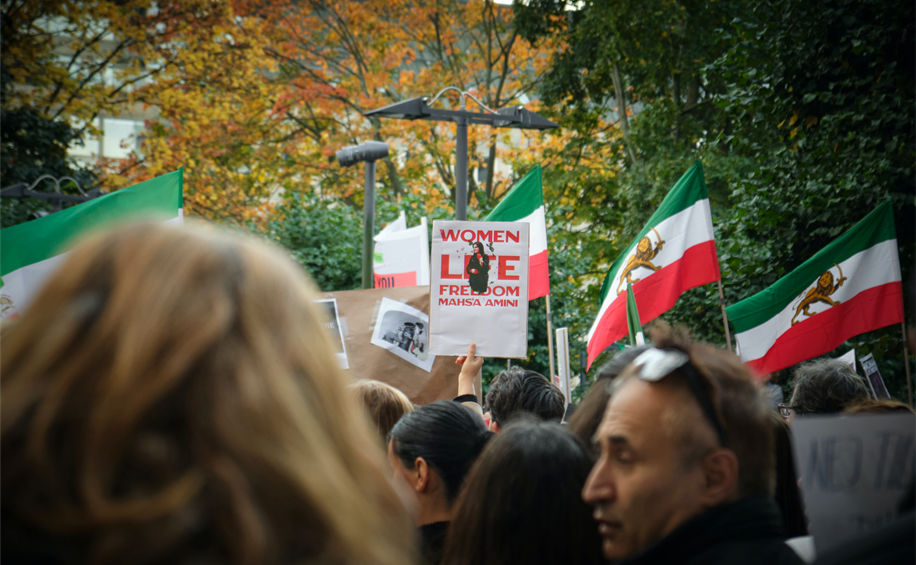Iran, Afghanistan, Egypt, the U.S., Ukraine, South Africa, and…
I started writing this before the latest decree by the Taliban banning women from education post-puberty. And while Iranian women were leading their revolution despite new tortuous rapes and deaths. And as women in the U.S. were still providing abortions. And as others were traveling wherever they needed to get them to a U.S. dominated by right-wing anti-abortion zealots.
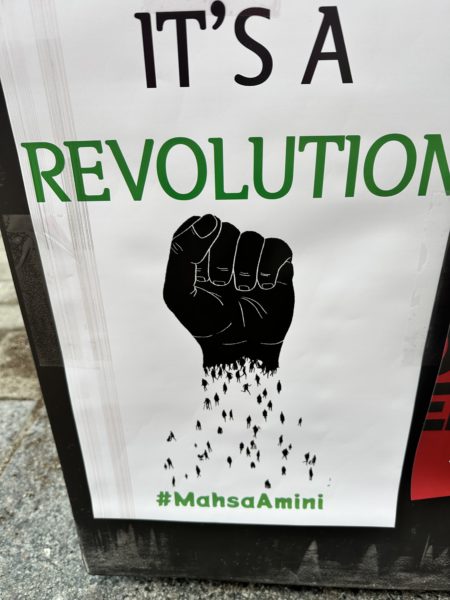
Ukrainian women are finding new courage, whether they are refugees or armed fighters. Oksana, a Ukrainian woman soldier said, “a sniper should always be prepared to blow herself up with a grenade,” rather than be raped and sexually tortured. Another called Phoenix said this is hard and wish it were different, but “I am doing everything to make sure my daughter’s generation doesn’t have to deal with Putin and his crazy world.”
To not see women as a political force — cis, non-binary, trans, all of us — along with those who support our movements, is to be blinded by the very misogyny used against us. It is to be unable to see the women-led revolutions that are being made, whether they are successful or not. Women taking off their enforced hijabs, women refusing to leave their classroom, women providing or seeking abortion, women ready to use hand grenades if caught by the enemy — are part of this chaotic revolutionary process. Revolution is not one act or one moment — it is a continuous process of discovery.
See us, speak with us, listen to us, act with us and that will become the success that makes anything possible. You cannot recognize something until you can name it. Sexual harassment was not recognized in the U.S. as such until it was (legally) named in 1971. It then became an actionable affront. Words matter and language clarifies what we see, and recognize, and what we do not.
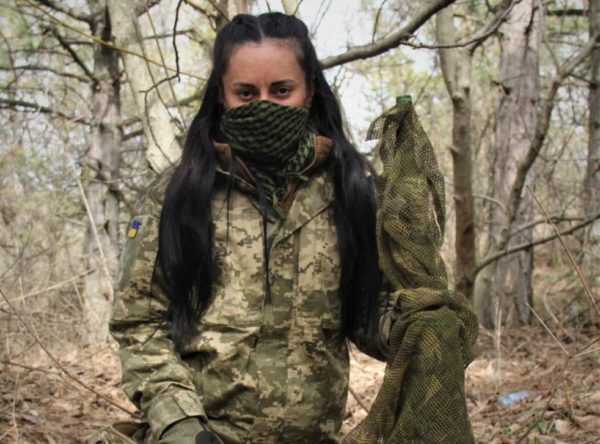
The new year, 2023, has just begun. I think it will be a year of women-led revolutions. Such recognition demands that we see more, think more, imagine more, listen more, explore more — to recognize the bravery and courage and militancy of women across the globe. All this is not new, but the global configuration of it is newly new. We must honor all who have come before us, from everywhere across the globe, especially Africa which is the most obscured from global view. They have made possible whatever can be furthered now.
I write attempting to embrace the rich history of all our movements and struggles even though no viewing can be complete. Why do so? So that we can electrify our movements as a global force to combat the rise of global misogynist fascism. In any present moment all we have is the possibility of meaningfulness, and the attempt to unify it with its differing specifics. The full revolution to free all women’s bodies is a continual historical process, not a singular event. And we cannot be intimidated by not knowing what success looks like.
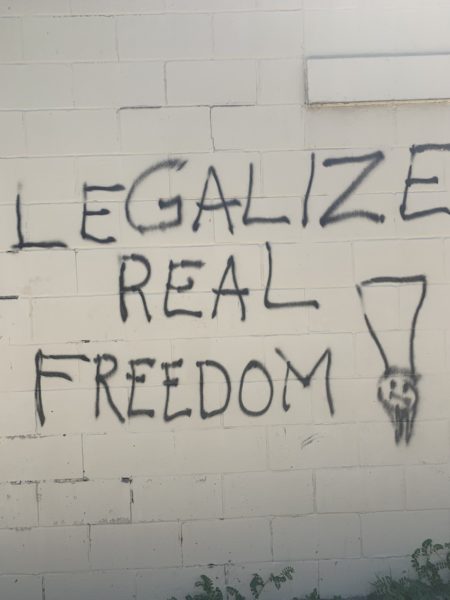
Why are fascist men (and Amy Coney Barrett) so obsessed with smashing women’s freedom? What is it about hijabs? And burqas? And education? And abortion? Why do they rape us in war as though that will degrade us and our countries? What is it about this COVID-ravaged capitalist globe and all it reveals and uncovers that activates racist misogyny with such terror?
Female Bodies as Battlefields
The Iranian mullahs, the Afghan right-wing crazed Taliban, the U.S. Supreme Court, and Putin are, each obsessed with dominating female bodies. Female bodies are always at risk as a battlefield for racist misogynist dominance. Bodies are always re-gendered in this process. And when I write of women’s bodies, I include anyone who identifies as such. And Iranian women includes their entire variety: Turk, Arab, Kurd. Variety is embraced in any national identity.
The desire for a self-determining body is universal — although as I have sometimes written elsewhere, I prefer the term polyversal, which considers the differences and specificities that exist within this shared human desire. From the right to access abortion to the right to choose whether to wear a hijab or not, women and those who support them embrace self-determination as part of human liberation.
This revolutionary struggle exists in a plethora of resistance movements and pro-women’s stances. In this sense there is much in common with our differing struggles — people fighting to re-establish the right and access to abortion have much in common with those fighting to determine their choices of hijab or burqa. And each of these implicitly is part of the struggle to protect our planet from climate crisis.
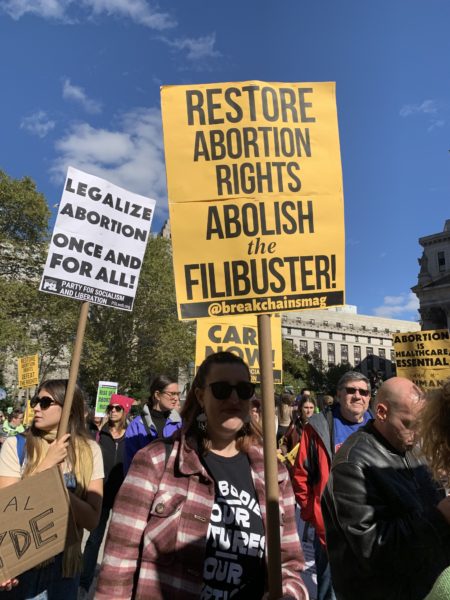
Female bodies were a key battlefield in the rape camps of Rwanda, and Bosnia, and Syria and the Nazi concentration camps of Germany, and the comfort stations of Japan. Conquer and disgrace the female body and supposedly the nation is ruined — its masculinist sense of self is destroyed. The one stumbling block to the unification of East and West Germany was the question of abortion — where it had been legal in the East but not the West.
The female body no matter how it is dressed, or exposed, or covered is a site of a political struggle. Every nation and every religion plays a part in this structural system of misogyny. Politics is the process of molding misogyny to the newest demands of the moment. The ayatollah in Iran attempts to enforce outdated practices that readily expose its own criminality.
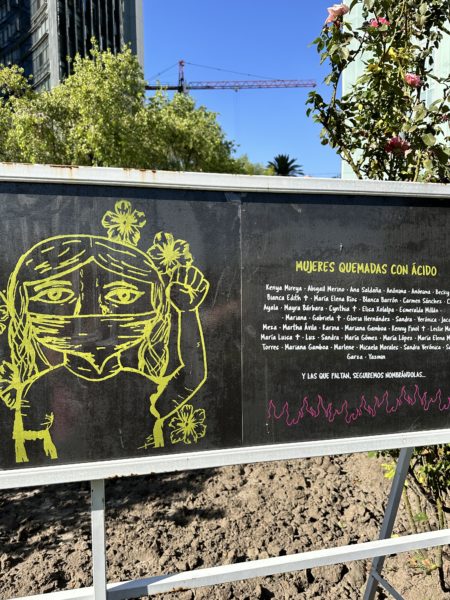
Anachronistic misogyny is teetering given the demands of global capital. At one point reform politics might have worked, but now the Iranian demands are for an end to religious dictatorship. The struggles for the control of our bodies makes perfectly clear how political sex is. Politics is about power and who gets to own it, control it, and use it. It makes clear that sex is key here. That gender is political. That the personal is always political. Then the domain of politics is no longer contained.
Afghan Women Fight Back
Women in Afghanistan can no longer work in most sectors, require a male guardian for long-distance travel, and have been ordered to cover their faces in public.
The extremist Taliban have also imposed limits on girls’ education, banning women from university education and from most workplaces as they deny them the access they fought for over the last two decades. Like in the U.S., women in Afghanistan, especially in urban areas, won rights that are now being taken from them. This is a loss, a going backwards, which is different from having never had these possibilities. Active lives produce active people.
Do not forget that in both Iraq and Afghanistan that the U.S. promised to “save” women from the Taliban. So much so that many anti-imperial feminists wrote that bombs should not be dropped either place “in our name.” Women’s needs and demands are always exchangeable and forgotten.
One Afghan student, Maryann, said, “When I got close to the university, I saw a strange environment. Taliban Humvees were parked at the entrance gate, and the Taliban were behaving so badly, telling us, ‘Return to your homes. Girls have no right to study anymore.’”
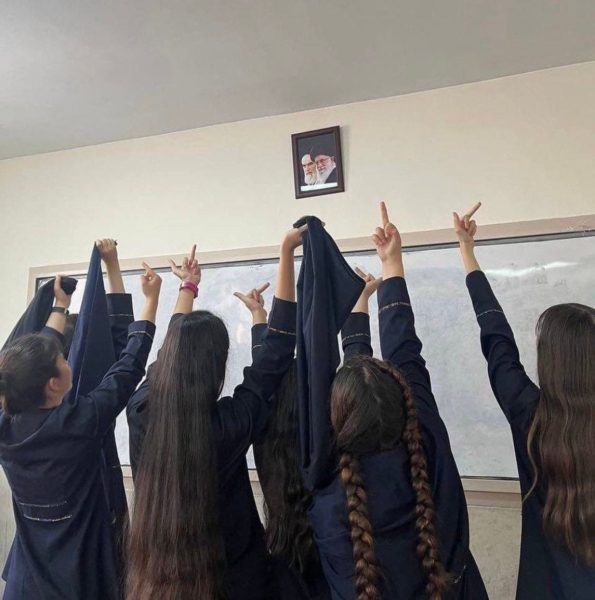
Jamila Afghani, a well-known Afghan feminist, said that the further ban on women’s education, even from religious educational centers, has created utter chaos. And also, the ban on women’s employment has crippled women’s ability to support themselves and their families, creating a further humanitarian crisis.
Afghani continued: “Afghan women are part of humanity.” Afghan women are not a special creature from somewhere else. Afghan women are half of the nation. She argued that the Taliban is not following Sharia law; they are not Islam, but rather a right-wing faction who choose hardline misogyny and ignore more moderate voices.
Many Afghan men also stand in solidarity with Afghan women, and some of the university boys refused to go for the final exam. Some of the boys walked out from the examination. And some of them joined the protests.
A university lecturer and Afghan activist, Homeira Qaderi, told the BBC, “Afghanistan is not a country for women but instead a cage for women.”
The hardline Taliban is relentless but so are Afghan women. Maybe we are in a moment of (what physicists call) singularity — that after decades of change the change amasses itself to be somewhat unknowable/unrecognizable and revolutionary.
Iranian Women Against the Enforced Hijab
Iranian women, after Mahsa Amini’s death, are leading the way toward freedom, against the threat of imprisonment and rape and torture and murder. It is a woman-led revolution. It is widely supported throughout Iran, especially among the young. The morality police rape and sexually abuse those they arrest using sexual violence as a method of political control. Such abuse is widely documented by people inside and out of the prisons.
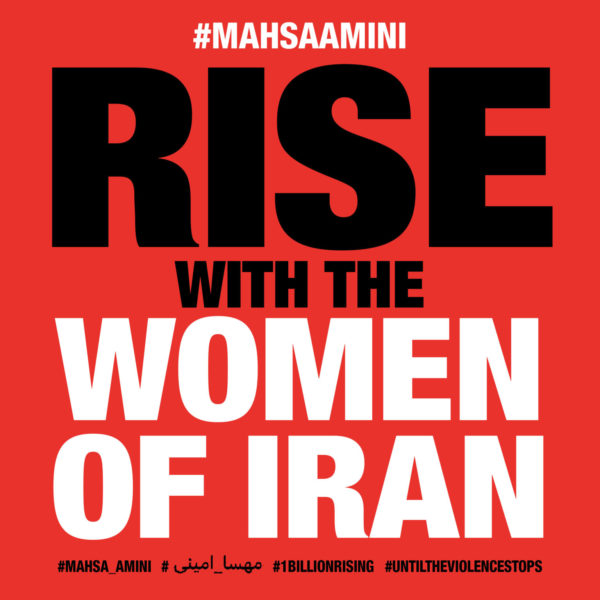
Thousands have been arrested, tortured, and sexually abused. At least 500 are dead, and many are missing. A mass terror is being used by the religious demagogues who try and enforce their rule. Two protestors have been hanged. And Iran’s theocracy is being challenged with new vigor. The bloodshed they so easily create does not seem to be lessening the revolutionary fervor of Iranians.
The mullahs have missed their moment. Whatever the differences between Turk, Fars, Kurd, Baloch, Arab, they have united the Iranian peoples in their love of freedom and liberation from oppressive religious strictures. They share an enemy and therefore a revolution no matter what the differences. It has brought the wider public to support the revolution.
It is why women in Iran and those who love them stand firm in their right to choose the hijab or not. Similarly, women in the U.S. said no to the Republican right wing and the Supreme Court denying abortion in the mid-term 2022 elections; Afghan women demand access to their education; and Ukrainian women have become ferociously brave.
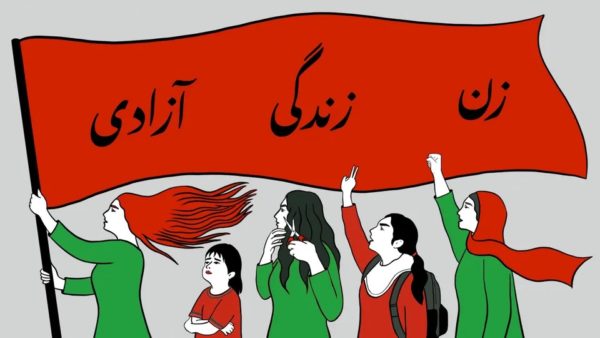
It is crucial to think about the Iranian revolution underway in 2022-23 as part of a long process of women demanding more for themselves — more legal rights, rights in the family, rights to be free. Now with global communications, nations have borderless visibility across the planet, and the promise of freedom travels. There is little containment of imagining a different world that is possible.
Living in the age of Facebook and Twitter dialogues are opened and people imagine themselves outside of their confines. The Arab Spring continues from Egypt to Iran. Possibility cannot be erased because people want freedom always. COVID has also traveled the globe and uncovered more and more — the unfairness of poverty and the lack of vaccines. Bodies that suffer and die are an intimate site of choice; each of us knows more about global inequity, racism, sexism, homophobia, ableism because the contours have few geographical borders.
I wondered whether the new decree to disband the morality police was of any real consequence for the women of Iran. The Iranian women I spoke with, who remain anonymous for their safety, say the promise to disband the morality police means little:
“We know that women still won’t be able to wear what they want at work or governmental organizations like banks. We know this is just an empty announcement because officially and by law women still have no rights.”
They are worried that this news would make the world think that their fight is over.
“Our people would never be finally free if this regime is ruling. We are afraid that the regime manipulates the global news on Iranian revolution by spreading such empty announcements as the abolishment of the morality police. We are totally done with Mullahs and we want them gone.”
The extraordinariness of the women and people who support them in Iran displays a courageousness that should give the rest of us across the globe courage too. I have written elsewhere that “hope is not an idea; it is a practice.” By fighting back against injustice, we move toward justice and by doing so give force and meaning to the possibility. Mahsa and the other murdered Iranian women, and now also the murdered men who stood with and for them, are the example of courage against all odds, including death.
“Death is to be respected but not feared.”
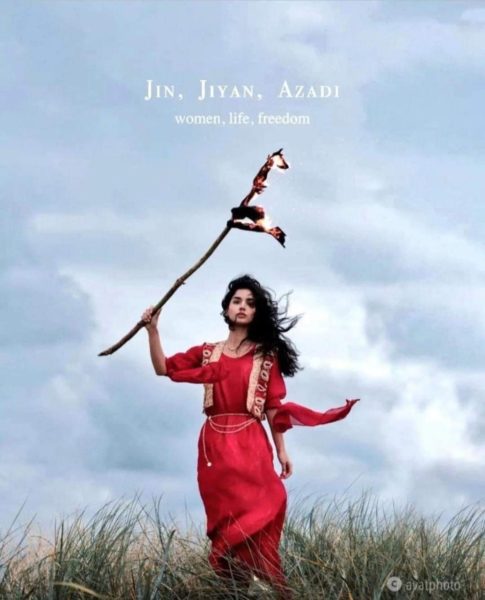
Courage is a very intimate and private thing that plays out publicly. The Iranian movie star Taraneh Alidoosti was arrested as I was writing, for posting pro-protestor support and speaking out against all odds. (And the day I concluded my writing I had just heard she has been released from prison.)
The U.S. writer Nicole Krauss, who is a friend of Alidoosti, said she speaks “truth to power” continuously on behalf of women and their right to freedom. “Through books like yours I am not alone. Through stories like yours I am not powerless, There are stories to be told, for years to come after all nightmares are gone.”
In her last Instagram post, sent to her 8 million followers before her account was shut down on Sunday, Alidoosti said: “Every international organization who is watching this bloodshed and not taking action, is a disgrace to humanity.” Her countless fans did not rest until her recent release.
Creating Revolutionary Solidarity
I want the people in Iran and across the globe to know how many progressives and anti-imperial feminists embrace them. That we are learning from each other. That as our rights in the U.S. are being curtailed once again, we must do whatever we can to free us all.
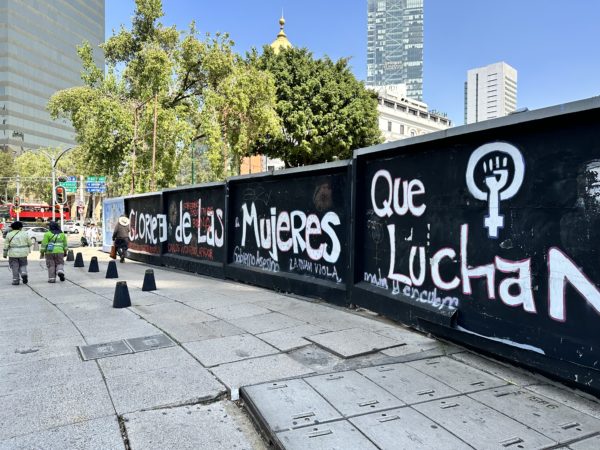
We must remember and share the rich tradition of struggle for bodily freedom of our formerly enslaved Black sisters, and present-day Black feminist abolitionists. The present racist right-wing assault in the U.S. looks too familiar and like the Mullahs and Taliban of the world. The rightwing despots across the planet from Iran, to Afghanistan, to Israel, to India, has instigated radical resistance from women. So, we must see each other and connect our shared and differing movements. We all need to keep listening and learning and rising together in camaraderie for “women, life and freedom.”
There is something very new and unknown about this COVID world that has smashed so many of the systems that were teetering on the edge: health care, labor, supply systems, day care, public schools, the climate. Women in all our variety are at the heartbeat of all of this and can steer the needed complex global community for revolutionary change. The hijab and abortion and education are not singular issues. Each one reflects and demands the full recognition of the radical humanity for us all.
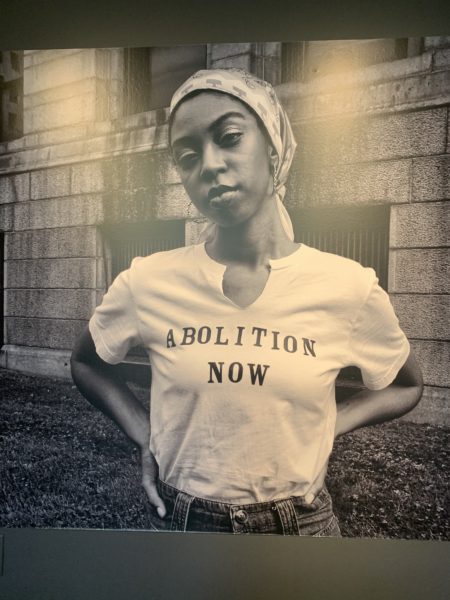
Let us deepen our political dreams: women are the essential workers of the world, hauling water, collecting firewood, staffing the offices and factories, caring for children and families; doing two-thirds of the labor, holding up at least one-half the sky. Many of these same women are further radicalized with fortitude given the domestic and sexual violence they endure. What a fearless group we are and can be. This strength nourishes our fearlessness which is our revolutionary promise.
I hope you are still thinking with me, and you want to be a part of this transformative time. So, listen more. Wonder more. Say more. Do more. Do not worry about being wrong. Or about not being enough. We are enough. I am here for all the dreams we can conjure and make together. Do not think or say that this is not possible. Anything is possible when revolutionary moments exist and are ignitable. But we first must recognize the politics of our bodies and their unique radical possibilities.
Zillah Eisenstein is a noted international feminist writer and activist and Professor Emerita, Political Theory, Ithaca College. She is the author of many books, including “The Female Body and the Law” (UC Press, 1988), which won the Victoria Schuck Book Prize for the best book on women and politics; “Hatreds” (Routledge., 1996), “Global Obscenities” (NYU Press, 1998), “Against Empire” (Zed Press, 2004), and most recently, “Abolitionist Socialist Feminism” (Monthly Review Press, 2019).

